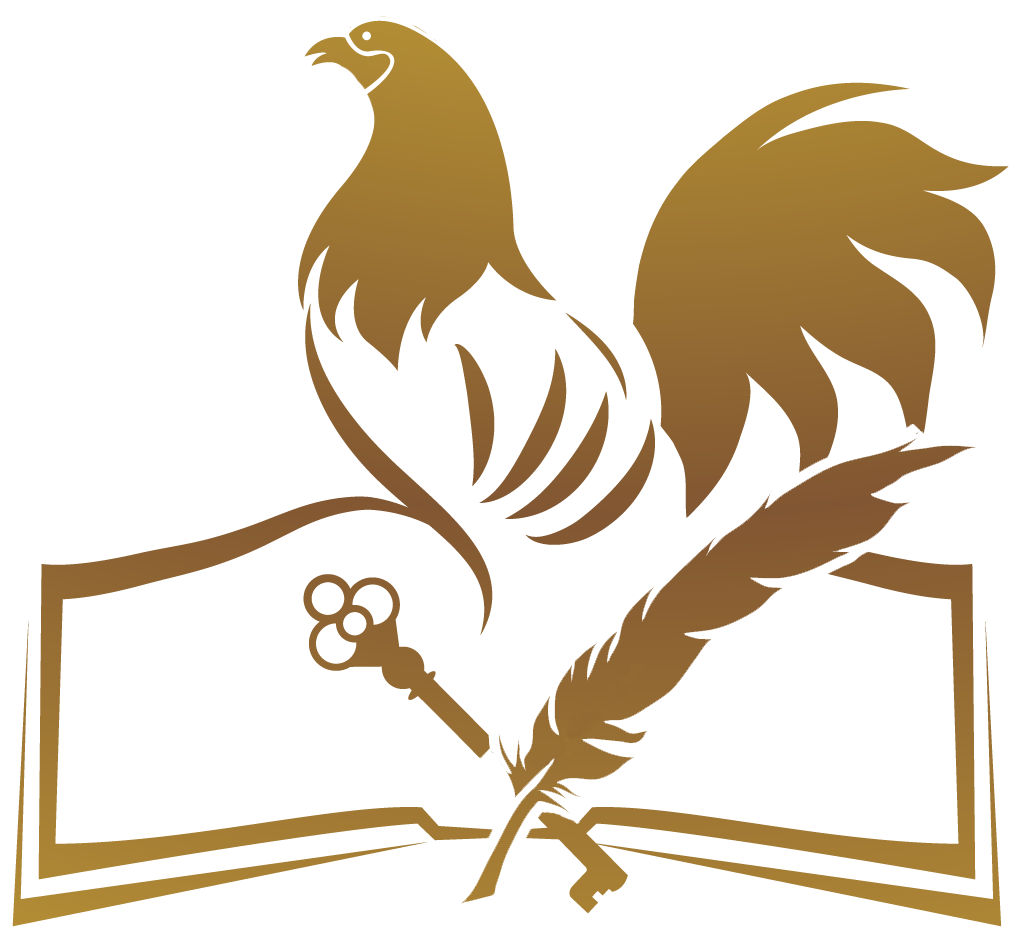Home › Forums › Genetics and Laws of Inheritance › Genetics can be scary, but….
Tagged: @maximustroy2
-
AuthorPosts
-
-
December 13, 2018 at 9:36 PM #3089
I know how confusing the subject of genetics can be, but I’m here to answer your questions, and to make things more clear, and to show you how to use it for your benefit.
That is my job, to show you a clearer version of the subject of genetics, and show you why it’s important and how to use it. I don’t waste time on subjects that are not relatable or useful, so if I discuss subject on breeding, laws of inheritance, or genetics, you can be sure it’s worth learning.
More power to you!
Kenny Troiano
-
July 30, 2019 at 6:47 PM #11815
AnonymousInactive@Ive been watching alot of Jack Horner videos lately about how now all birds are classified as avian dinosaurs, and his dino chicken project. Its very interesting stuff to learn about. Ive even mesaaged him to see if they have decided on a breed of chicken to use to make the dino chicken. In one of his videos he says they would need a strong breed to support the long tail which is the only genetic switch they havent figured out yet. I suggested maybe using aseel because of their strong build and heavy bone density. Looking forward to see if he responds. Ive always thought aseels look kinda like a T-Rex. He also talks about how there are alot less dinosaurs breeds than originally thought because of bone development and structure changes as they mature. He says scientists wanted to find new breeds so they could name it themselves. He also cuts into the fossils and finds blood vessels and can tell age and stage of bone development even sex of a dino in some cases. Its cool stuff yall should check it out.
-
July 31, 2019 at 1:14 AM #11816
AnonymousInactive@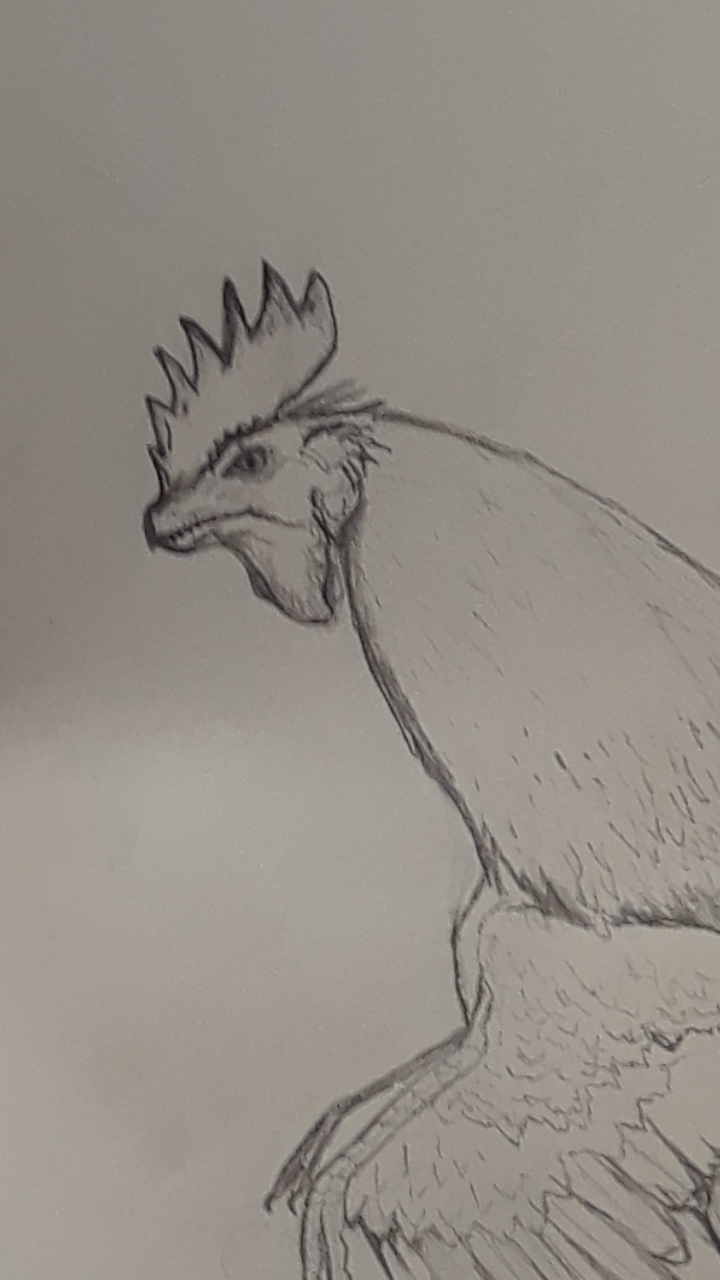
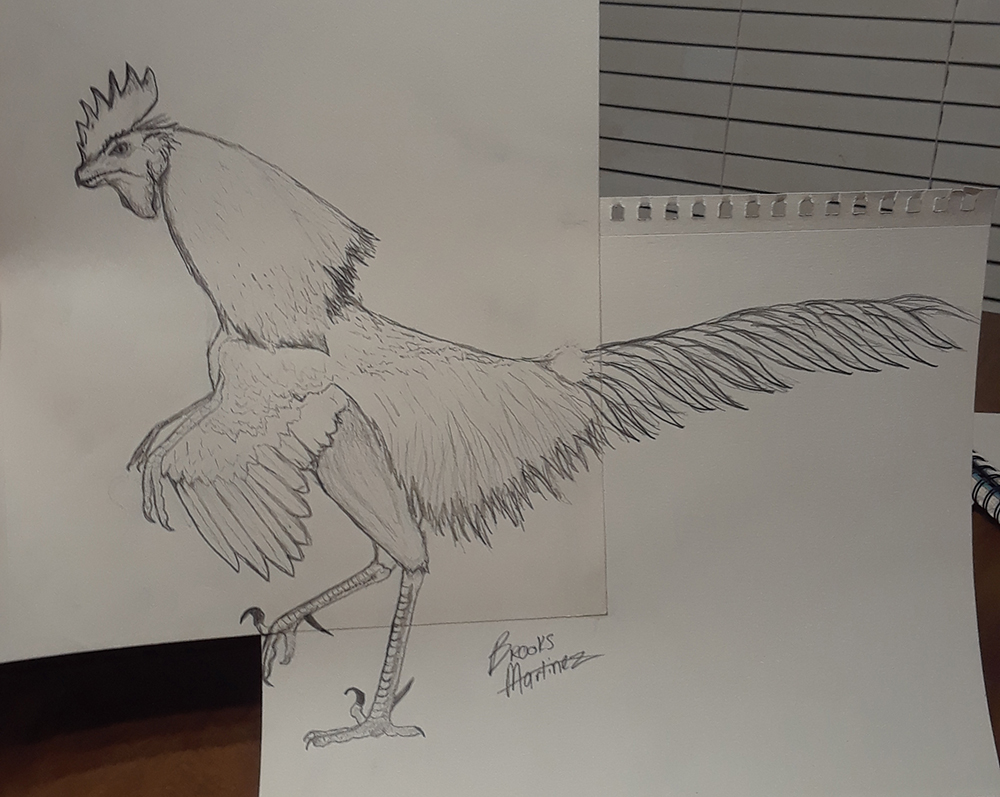
-
This reply was modified 5 years, 8 months ago by
 Kenny Troiano.
Kenny Troiano.
-
July 31, 2019 at 10:16 AM #11819
Hey Brooks,
You are making my day. I love this stuff. I too follow Jack Horner, and have met him in person. Real nice guy. I’m also following his Dino Chicken Project. Let me know if he gets back to you about the Aseels. I like your drawings too. Great job.
We’ll need to have you on the show again, and talk about the Dino Chicken Project.
Are you game?
-
This reply was modified 5 years, 8 months ago by
-
July 31, 2019 at 11:08 AM #11825
AnonymousInactive@Dead game
-
August 1, 2019 at 10:51 PM #11831
Ok, good. I’m booked for the next 2 weeks, but let’s schedule a day and time after that. Should be fun!!!!
-
This reply was modified 5 years, 8 months ago by
 Kenny Troiano.
Kenny Troiano.
-
This reply was modified 5 years, 8 months ago by
-
-
August 2, 2019 at 7:37 AM #11833
AnonymousInactive@Sounds good just let me know when your ready.
-
August 9, 2019 at 7:34 AM #11872
AnonymousInactive@Mr Kenny did you ever put out the article on metacondrial dna?
-
August 9, 2019 at 9:01 PM #11873
Not yet. But I’m been ask that a lot, so I will have to do that. I’m not done with the article/course, but I will look it over and see if it’s good enough to post now. I thinks it’s got some good info, but will need to work on it more later, and then repost the new version. The article/course is on the Power of the Hen, and Mitochondria DNA is a big part of it.
As I told you before Brooks, I add projects to a list and work every day off that list. So, I will put it near the top and get it done as soon as possible. But I do think is good enough to post now. But I will want to improve it. It’s the perfectionist in me. Lol!
-
-
October 5, 2019 at 7:07 AM #12091
AnonymousInactive@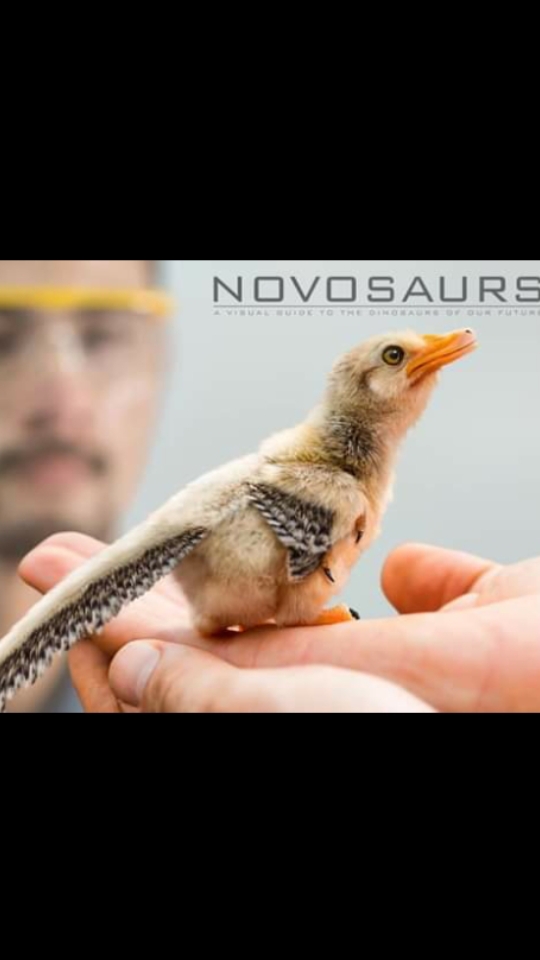
-
October 6, 2019 at 1:17 PM #12093
do you have a website link for this picture?
-
-
October 6, 2019 at 3:54 PM #12100
AnonymousInactive@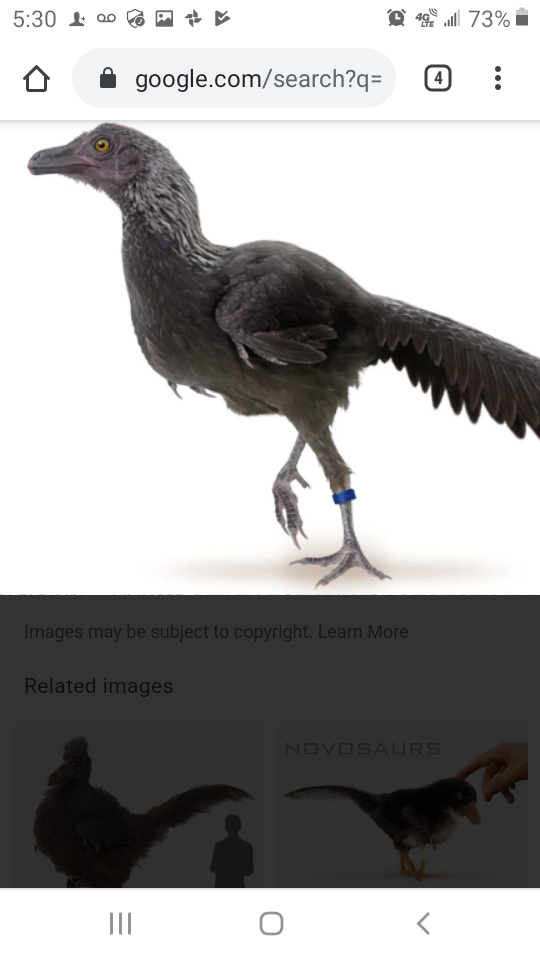
-
October 12, 2019 at 6:07 AM #12151
Kenny, I hope this is the right place to post this question. I’ve been told that the environment can change the genes on a chicken. For example if you raised 2 full brothers on different yards from a young age different “triggers” turn on that change the rooster. Is this true?
-
October 12, 2019 at 4:11 PM #12154
I’ve been told that the environment can change the genes on a chicken. For example if you raised 2 full brothers on different yards from a young age different “triggers” turn on that change the rooster. Is this true?
Hey Jrodriquez78,
It’s not that the environment changes the genes, what the environment does is that it allows genes to be expressed that would not normally be expressed under different conditions. That is one reason why a family of birds can be so different in other geographical areas. Once the gene/trait is expressed, you can then select for it, perpetuate it and then exaggerate and improve the trait.
Triggers are different. They tend to be expressed at a particular time of the birds life. These can be troublesome, because they are very difficult to select for and eliminate.
-
February 24, 2023 at 7:51 AM #15285
AnonymousInactive@Kenny, do I understand this correctly: Environmental changes are actually changes that are already in the genes, and the different environment just allows it to be expressed (and/or) at a higher rate.
if this is correct, and if you can improve the perpetuation through further breeding to intensity-Then would that old phenotype or such that you bred away from still be in those birds, and able to be expressed if moved to another environment, retriggering the genes in similar or different ways? Would the old traits be able to be reexpressed??I thought more in detail on this very topic, when listening to you talk about you and Tony’s birds: you already weeded through the trait you wanted to get rid of, and with Tony moving and him not breeding the same as you (getting rid of the same trait you wanted gone) he was later asking if your birds still expressed certain trait, which you had already gotten rid of.
With that context in mind, my question relates to “Would your birds still be able to express the traits you bred away from, and even be relocked in for the gene pool, if moved to another area?”. Giving that you have already culled this traits you did not desire.I am not using defaults/culls as examples, but more of phenotypes or other polygenic traits. I feel culls are culls either way, and should not be used in light of “environmental changes”.
Am I incorrect in my mental breakdown of all this information?
-
February 24, 2023 at 7:29 PM #15291
Hey Tyler,
You are very close, and I like the way you are thinking. Great observation. However, the environment can influence some genes to be expressed. But, the traits you could loose forever would be the homozygous dominant traits. So there is a chance that some of the old genes would be lost or changed, and the strain would then go in a different direction. That means you would not see the re-expression of those traits.
I hope that helps.
Kenny
-
-
-
-
October 12, 2019 at 5:34 PM #12163
Thank you Kenny, this helps a lot!
-
February 25, 2023 at 10:14 AM #15292
AnonymousInactive@Thank you for shedding light on this for me. I think I am grasping your information…yet it makes me want to go further down the rabbit hole with “Would this also apply to spangling genes? I know you can breed away from it, but isn’t it correct that it can still come through if not discarded every time?”
I have recently gotten a better understanding of spangling (and/or) white tail feathers (and/or) white hackles from Frank, and it did help answer my questions, based on a rooster I have…although, breaking down this information you have put out here, I just have more questions…
Can you fully get rid of the spangled genetics, or is it like trying to hide red in grey birds-where you can only hide it, but it can always revert back if you don’t breed to the highest extent, away from it..?
Thank you ahead.
-
February 27, 2023 at 1:04 PM #15302
My birds, the Maximus Line did throw spangles about 10 percent of the time. I stopped breeding to the spangles, and today, I don’t see spangles any more. So yes, you can breed away from spangles.
-
-
-
AuthorPosts
- You must be logged in to reply to this topic.

